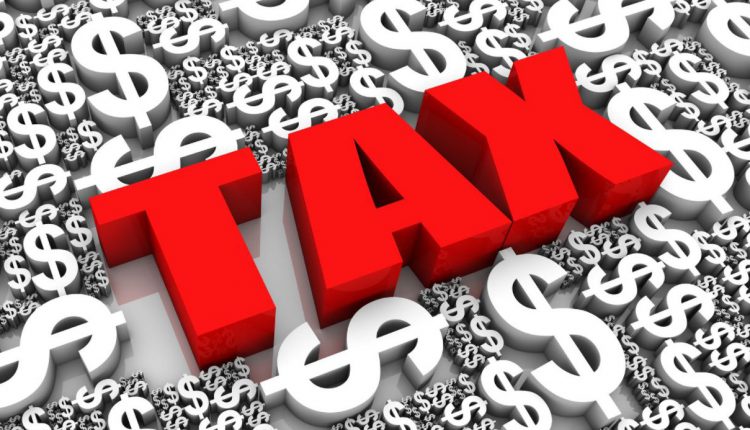It has been eight months since the provincial election and over half a year since the BC’s new NDP government sworn into office. The housing markets, especially those for the high-end single houses, have shown signs of slowing down.
However, the “affordability” problem isn’t getting any better. People are getting frustrated with the NDP government for they haven’t done much to cool the market. The Housing Minister Selina Roberson hasn’t provided a timeline for when she would bring new bills to the legislature. Voters, especially NDP voters, are losing patience as NDP aren’t keeping their promises.
One potential policy people have been waiting for is the “2% speculation tax” which was on the NDP platform before the provincial election.
According to Bill M 209, the only official document regarding the “2% speculation tax,” two percent of the fair market valuation of all the properties will be used as a benchmark. With annual personal income tax below the benchmark, the property owner needs to pay the difference between the income tax and the benchmark.
However, is this the way we want to define“speculation”?
Here is an example: assume a family with $70,000 household income bought a property worth $600,000 three years ago. Over the last three years, the property value increased by 62.1% to $972,600. The 2% speculation tax would then be $19,452. Suppose the household income increased to $80,000, and the estimated income tax would be $16,808. This means the family would be subject to $2,644 of extra “speculation” tax.
The following table shows the annual income, estimated income tax, and the corresponding maximum valuation of theowning property exempt from the “speculation” tax:
| Annual income | Estimated income tax | The maximum valuation of the owning property exempt from the speculation tax |
| $50,000 | $8,285 | $414,250 |
| $60,000 | $11,105 | $555,250 |
| $70,000 | $13,925 | $696,250 |
| $80,000 | $16,808 | $840,400 |
| $90,000 | $19,920 | $996,000 |
| $100,000 | $23,648 | $1,182,400 |
| $120,000 | $31,583 | $1,579,150 |
| $150,000 | $44,023 | $2,201,150 |
According to Statistics Canada, the median total family income in Metro Vancouver is $79,930, which translates to estimated income tax of $16,786 and to the maximum valuation of the owning property exempt from the speculation tax of $839,300. However, the current benchmark price in October 2017 for all properties in Greater Vancouver is $1,042,300. The gap in terms of valuation is $203,000, which implies $4,060 of “speculation” tax.
Therefore, if the 2% speculation tax were implemented as is, there would be thousands of families subject to extra speculation tax of thousands of dollars. However, would it make sense to punish their “speculation,” given that most of these families are hardworking people who are trying to make ends meet?
We have no intention to defend any tax avoidance, but we should be more careful in defining “speculation,” as a lot of working class may get collateral damage contingent on the definition.
Data source:
1. Real Estate Board of Greater Vancouver http://www.rebgv.org/sites/default/files/REBGV-Stats-Pkg-October-2017.pdf
2. Statistics Canada http://www.statcan.gc.ca/tables-tableaux/sum-som/l01/cst01/famil107a-eng.htm
*** All estimations of personal income tax are calculated through 2017 personal income tax calculator on www.ey.com, the website of Ernst&Young


